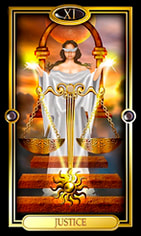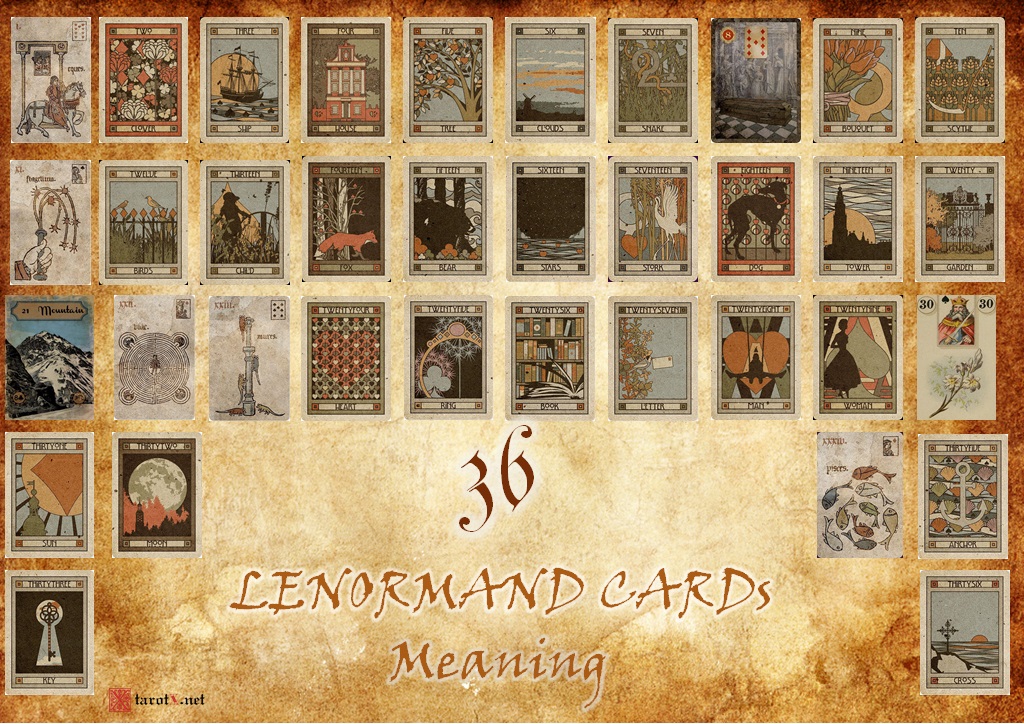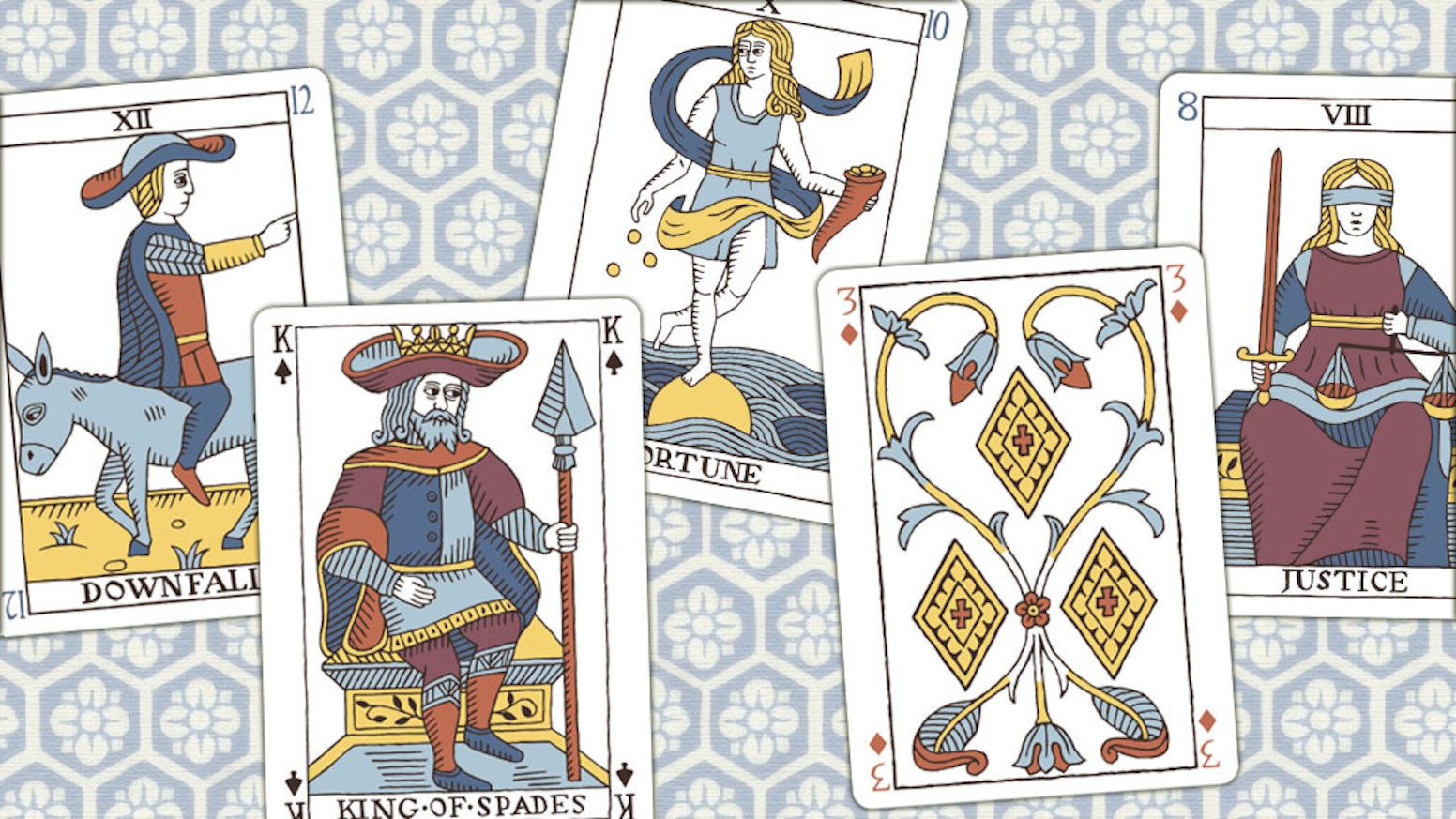
While you can read tarot card cards intuitively, there are a few things that you need to know before starting. Rose suggests closing your eyes as you shuffle the cards to ask for guidance from your spirit guides. Meditating can help you tap into your intuition. It is possible to stop worrying, doubting and analysing by spending time connecting with your inner knowing.
Intuition when reading tarot books
It can be very powerful to use intuition to read tarot decks. However, it is not a scientific process and requires practice. There are many ways to increase your intuition and improve your self-awareness. You can enhance your intuition by engaging in mindfulness practices that help you be more in touch with your inner experience.
Focus on the whole image when trying to understand a card. You can use the imagery from the card to create a whole story. An intuitive tarot card reader can see what the card is telling you. The traditional keywords for The Empress card include nurturing, abundance, and feminine energy. It could also refer to pregnancy or the birth a child.

Intuition is often quiet and subtle. It could be a feeling, a voice or a thought in your head. It could also be a physical sensation.
Do's and don'ts of intuitive tarot readings
Intuitive Tarot readings can be performed with a few basic rules. The first is not to try to read cards from someone else without their permission. This is because your intuition may differ from the tarot-reader's.
The second do's and don'ts of intuitive readings are to keep your mind open and your heart clear. You will have more confidence if your mind is clear. It is important to practice intuition reading. Meditation is a great way to practice and it can help you connect to your inner knowing.
You can use a Tarot card deck to help you learn how to trust your intuition. You can start by selecting a card you are curious about, and then placing it face down. Next, ask for help understanding the meaning. Don't try to guess the meaning yourself; instead, redirect your focus. A flash of color or a sound might appear, or you may feel a message coming from your body.

Origin of tarot-cards
The origin of intuitive tarot cards is difficult to pinpoint, but they have been used for centuries. The cards were used initially as prediction tools and games. In 1785, Jean-Baptiste Alliette, a French occultist, developed a link between the illustrated cards and astrology.
While the earliest tarot decks were likely based on Egyptian or Roman myths, there are many theories of their origin. The Mamluks are a tribe that lived in the eastern Mediterranean. This is the most popular theory. But this theory does nothing to explain the 21 trumps. The Italian Renaissance is where the earliest known surviving tarot decks were developed. They became popular with wealthy courtiers. The tarot card was known as a trionfi in 15th-century Italy. These cards used carnivals as symbols for the Roman empire and included triumphs.
One way to get insight into intuitive tarot card interpretations is to feel them. For example, if you feel a heavy chest, this may be an indication of heartache and grief. The same goes for a heavy stomach. This could be a sign of an energetic state.
FAQ
Which hobbies are most in demand right now?
Popularity isn’t always a positive thing. Popularity is often used to excuse mediocrity. Most people don’t have the time to pursue any hobbies they desire. They are too busy working to make ends meet. What do you do with your spare time? You could open a business.
However, this isn't easy. There are many obstacles that must be overcome before you can realize your vision.
So if you're looking for something more exciting than running a business, you should consider pursuing a hobby.
Hobbies don't have to be creative. There are many hobbies. These include:
-
Gardening
-
Cooking
-
Photography
-
Reading
Why do we require hobbies?
Hobbies can be a part of your life because they provide you with time to unwind, recharge, think creatively as well as the chance to exercise, socialize, and relax. We also have the chance to learn new skills and pursue lifelong passions.
Hobbies allow us to find meaning in our lives.
They are great for spending your free time when there's not much else.
They are fun!
If you don’t make time for a hobby then it’s probably not worth your time.
Take a look at the many options that are available to you. If you don't have a hobby yet, then maybe you should start one today!
What are some good hobbies?
The best hobbies are those that you enjoy doing for yourself. It will be easier to continue doing what you love if you are passionate about your work. If you don't feel well or tired, you will always have an excuse!
We all have hobbies that we love and know. These include painting, crafting, photography, cooking and sports.
Another option is to volunteer at a local charity shop.
If you're looking to do something more adventurous, You might consider scuba diving or skydiving.
There are many unique ways to spend time in the outdoors, whether you're looking for adventure or a more traditional way to do it. These include caving, cliff diving, cave tubing, abseiling, sea kayaking, rafting, canoeing, climbing, trekking, bushwalking, mountaineering, backpacking, trail running, orienteering, off-road driving, quad biking, motorcycling, motorcycle riding, dirt bike riding, jet boating, hang gliding, hang gliding, parachuting, hang gliding, heli-skiing, ice skating, snowmobiling, snowshoeing, snowshoeing, cross country skiing, downhill skiing, telemark skiing, ski touring, sled dog racing, snowboarding, snowkiting, snowmobiling, spelunking, snowshoe hiking, snowshoeing and many more.
What are observation hobbies exactly?
Observation hobbies are activities where you observe people doing what they do. You might be interested in watching sports, reading, going on holidays, and so forth. You could also observe other people.
It's great to have observation hobbies because it helps you think creatively. This knowledge can be used later to help you with projects that you are working on for others or yourself.
You will discover that learning is easier when you are interested.
For instance, if football is something you are interested to know about, you can watch the game or read a book. If you want to learn more about photography, you could take or visit exhibitions.
If you enjoy playing music, you could play along to songs online or buy a guitar.
You could also choose to cook at home or go to restaurants if you are a good cook.
If gardening interests you, you could plant vegetables or flowers.
You could take a class or go out dancing with your friends if you enjoy dancing.
If you love painting, you can paint pictures.
You could also write poems or stories if you enjoy writing.
You could also draw pictures if you enjoy drawing.
If you're passionate about animals you might consider working at a Zoo or looking after their pets.
If science is your passion, you might choose to study biology or chemistry.
History is something you might enjoy if you read books, watch movies, or listen to podcasts.
If you like traveling, you could travel abroad or explore your local area.
What are some hobbies that you like?
Hobby Ideas that are great for people who enjoy teaching others.
Hobbies are great ways to spend time doing what you enjoy while learning something new at the same time.
There are many different types of hobbies, but they all have similar characteristics. They're usually fun activities that require little effort and cost money.
They also tend to involve working with others, whether teaching someone how to play an instrument or helping them build a model airplane.
While you may not see yourself as a teacher at first, chances are that there is something you could do for someone else.
You can make a difference in the lives of others by starting a hobby.
Statistics
- 37% Video Games 36% Travel 36% Health and Fitness (quizexpo.com)
- A new survey by Pew Research Center of teens ages 13 to 17 finds that 36% of girls feel tense or nervous about their day every day; 23% of boys say the same. (pewresearch.org)
- This 100% accurate personality-analyzing hobby quiz discovers your passion based on your characteristics. (quizexpo.com)
- The Role of the Mind in Sex, Dating, and Love: Men in the “humor” condition received phone numbers from 42.9% of the female participants and were refused 57.1% of the time. (time.com)
- Almost 80% of people claim to have no hobby. (hobbylark.com)
External Links
How To
How to learn a musical instrument
There are many methods to learn music. You have the option of going to school, buying a book or taking lessons from someone who plays an instrument. Or, you can watch videos online. Here are some tricks and tips to help you find your way.
-
Find something that interests you. If you don't like any of the instruments you see around, then you should try another one. It would be hard to get into playing an instrument if you don't enjoy doing it.
-
Be patient. Learning something new takes time. You don't have to learn everything in one go. Instead, keep practicing every day.
-
Keep practicing regularly. Even when you feel tired, continue practicing. This will ensure you don't forget what lessons you have just learned.
-
Pick a place where you can practice. Ideal is a quiet area where you don't have to disturb anyone else. Also, make sure that there aren't too many distractions. Also, don't let loud music play near your home.
-
Have fun. Music is meant to be enjoyed. It is important to have fun when practicing. You will be motivated to do more if you have fun.
-
Set goals. If you set goals, then you will know exactly how you want to get there. Failure is not an option.
-
Keep track of your progress. Keep track of all your successes and failures. You will be able to improve your skills over time by writing down all of your achievements and failures.
-
Take breaks. Sometimes you just need to take a break. Taking breaks will give you time to think about things.
-
Ask questions. Ask other people if you have any doubts or confusion regarding certain aspects of the instrument. They may be willing to help.
-
Listening is the best way of learning. Many musicians enjoy listening to their favorite songs and trying to imitate them. This helps them understand the basic concepts behind the song.
-
Read books. Read books to learn more than just watching videos or learning from classes. Books can also provide information that is not available elsewhere.
-
You can join a band. Playing with other people will make you more practice. You will also meet others with similar interests to yours.
-
Take a look at tutorials. Tutorials are short videos that give detailed information on a topic. These videos typically focus on one aspect of the instrument. Watching tutorials can help you understand difficult parts of the instrument.
-
Different methods are possible. Some prefer to learn by listening, while others prefer reading. You can experiment until you discover what works for you.
-
Practice makes perfect. The truth is that nobody becomes an expert overnight. Instead, it takes time and effort to become proficient enough for you to succeed.
-
You can learn from other musicians. Listening to other people play their favorite songs can help you learn faster.